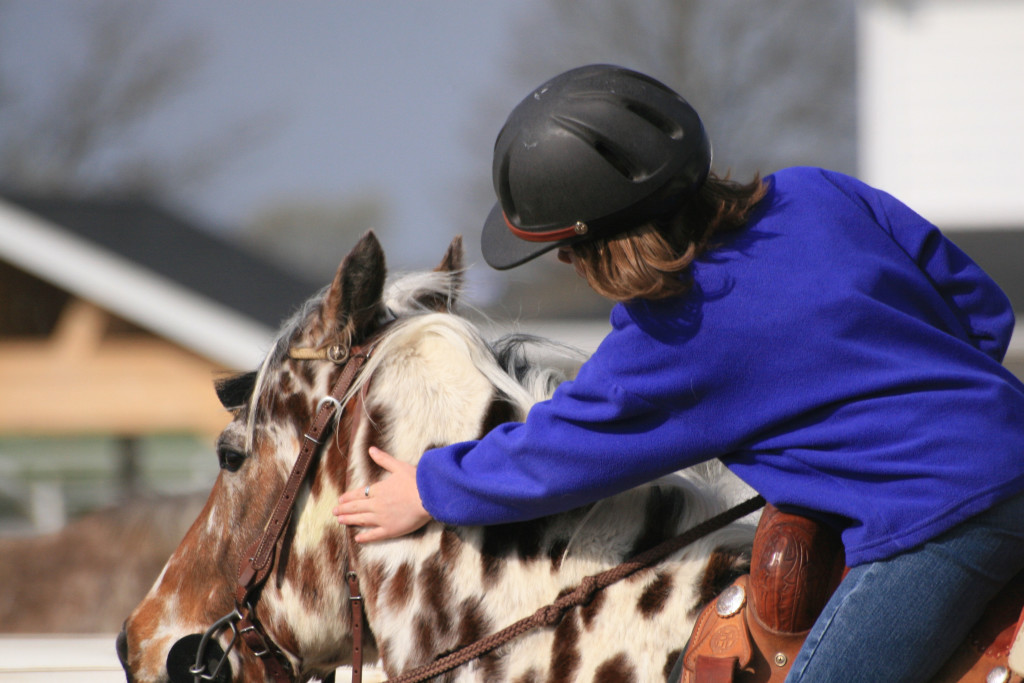Praising Kids Right
 A version of this post first appeared on DianeStortz.com.
A version of this post first appeared on DianeStortz.com.
We speak thousands of words in a day. With many of them, we try to encourage a positive self-image in our children or grandchildren:
“Good job, buddy” when he successfully builds a tower with blocks.
“You did great!” when she adds the final puzzle piece.
“You’re so strong” when he makes it across the crossing bars.
“You’re a good helper” when he hands you clean flatware from the dishwasher.
But what if our praise has an effect exactly opposite to what we want to accomplish? What if we’re not helping children feel good about themselves at all?
Researchers, parenting experts, and educators all suggest there are perils in too much praise and the wrong kind of praise.
Too Much Praise
We give children too much praise when we do it almost without thinking and when we give it whether anything praiseworthy has actually happened.
Children begin to tune out praise when it is insincere. The painting really isn’t amazing and beautiful, and the child, who has painted a few truly amazing pictures, knows it.
At the same time, children can become “praise junkies,” needing their parents’ constant approval rather than valuing their own accomplishments and depending on their own judgments. The result is a child who believes worth is tied to performance and who fears failure—and becomes reluctant to try new things or face challenges.
Children DO need encouragement and praise—but let’s make it the right kind.
The Right Kind of Praise
Experts say to praise the process, not the person.
Person praise focuses on the child’s traits, like intelligence or musical ability—“You’re a good boy”; “You’re so smart”; “You’re really good at this.”
Process praise focuses on the child’s effort and output and doesn’t make a judgment. It gives the child feedback with specific information—“You used a lot of colors in your drawing”; “I can see you are thinking hard about how to build your sandcastle”; “You helped your sister up when she fell. That was kind.”
Person praise reduces motivation; children begin to feel that their abilities are fixed and there is no reason to try to go beyond them. The Bible is right when it says, “A flattering mouth causes ruin” (Proverbs 2:28)!
Process praise encourages children to take on challenges, confront weaknesses, and grow. It also communicates family values.
I’ve never counted the number of times I say “Good job, buddy” when I’m with one of my grandsons, but I know it’s a lot. Changing this habit is going to take some work!
This will be my last post here at Christian Children’s Authors. I have enjoyed being part of this community! Please visit DianeStortz.com and follow me there.

You are giving us something to really chew on today. I’ve seen some really sloppy praises in the past and it rings true. I’m sad that this is your last post for a while, and hope you will be joining us again soon. Make the most of your break.
Love this post today, Diane. Great wisdom here. We will miss you, but wish you only the best.